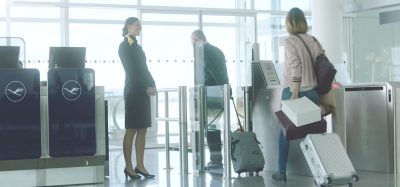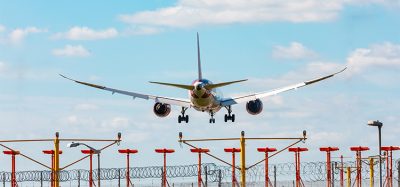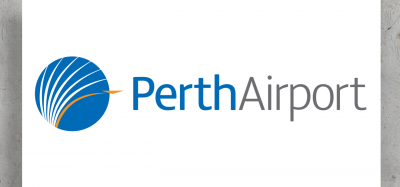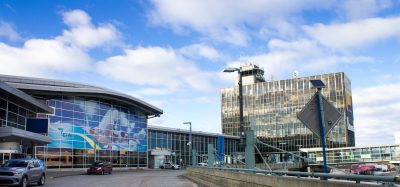Quito Airport joins Hidden Disabilities Sunflower programme
Posted: 26 August 2025 | Gabriel Higgins | No comments yet
Quito’s Mariscal Sucre International Airport has joined the Hidden Disabilities Sunflower programme, offering discreet support and trained staff assistance for passengers with non-visible conditions.
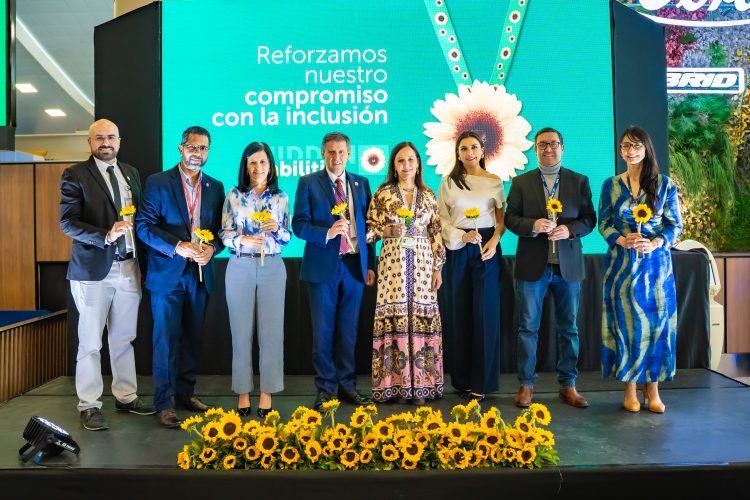

Credit: Mariscal Sucre International Airport
Quito’s Mariscal Sucre International Airport (UIO) has joined the international Hidden Disabilities Sunflower programme, an initiative that improves accessibility and enhances the travel experience for passengers with non-visible disabilities such as autism, anxiety, epilepsy, fibromyalgia and diabetes.
The Sunflower programme is particularly valuable in dynamic environments such as airports, where passengers with hidden conditions may require support that is not immediately obvious to staff. The initiative offers these passengers a discreet yet effective way to signal their needs and to receive more tailored care.
How the Sunflower programme works
Passengers who wish to take part can request a sunflower lanyard at the airport’s information desk in the departures area. The lanyard is provided free of charge and without the need for medical documentation. When worn, it discreetly communicates to airport staff that the passenger may need additional support such as more time, clearer explanations, or a more empathetic approach.
Join our free webinar: Revolutionising India’s travel experience through the Digi Yatra biometric programme.
Air travel is booming, and airports worldwide need to move passengers faster and more efficiently. Join the Digi Yatra Foundation and IDEMIA to discover how this groundbreaking initiative has already enabled over 60 million seamless domestic journeys using biometric identity management.
Date: 16 Dec | Time: 09:00 GMT
rEGISTER NOW TO SECURE YOUR SPOT
Can’t attend live? No worries – register to receive the recording post-event.
The lanyard does not provide benefits such as access to priority lines or exemptions from mandatory controls. Instead, it is a tool that helps staff offer service adapted to individual needs. The guideline for personnel is simple yet powerful: “How can I assist you?”
Commitment across the airport community
The implementation of the programme has been possible thanks to the collective effort of the entire airport community. Quiport, the airport concessionaire, promoted dialogue with airlines, immigration, security providers and commercial operators to ensure a coherent and sustainable approach.
The development process included a detailed assessment of the facilities with people living with different disabilities. This work was carried out in collaboration with the Rett Ecuador Foundation to identify opportunities for improvement in signage, infrastructure and customer service. The Metropolitan Public Airport Services Company (EPMSA) also contributed, drawing on its experience developing protocols for passengers with autism at security checkpoints.
Quiport staff had already received sign language training, reinforcing an institutional culture prepared to support a diverse range of needs.
Training with real impact
Training was central to the project. More than 900 employees from 15 companies operating at the airport took part in specialised sessions, which were led by experts, a representative from an airport already experienced with the Sunflower programme, and individuals with hidden disabilities who shared real-life insights and recommendations.
This extensive training effort builds on the work of the Passenger Experience Committee, which promotes ongoing improvements in service quality and customer care.
Recognition and long-term vision
The adoption of the Sunflower programme adds to a series of achievements that reflect the airport’s long-term vision of inclusivity. The terminal has previously received the Progressive Inclusive Seal from the Municipality of Quito and became the first airport in Ecuador to obtain Level 1 Accessibility Accreditation for Airports (AEA) from Airports Council International (ACI).
Voices from the Sunflower programme
Ramón Miró, President and CEO of Quiport, highlighted the importance of empathy in the initiative: “One of the greatest satisfactions I take from implementing the Hidden Disabilities Sunflower program is witnessing that the entire airport community is genuinely committed to learning how to effectively engage with individuals with hidden disabilities. We believe that true excellence in service is rooted in empathy. We are proud to have a team that is sensitized and trained to provide real support to those living with non-visible conditions. This program not only transforms the way we serve but also the way we understand inclusion.”
Flavia Callafange, Regional Director for Latin America of Hidden Disabilities (Sunflower), underlined the importance of Quito’s participation: “I would like to express my sincerest gratitude for the effort and dedication you have put into the HD Sunflower project. We are very happy that Quito Airport has joined this important initiative. This is a significant step towards a more inclusive city and country. I appreciate your continued commitment and collaboration in this project.”
Isabel Maldonado, Executive Director of the Rett Foundation, emphasised the value of participation: “At Rett Foundation, we had the opportunity to accompany Quiport in this process, which demonstrates how companies can lead real transformations toward inclusion. The participation of people with disabilities in all spaces is key to guaranteeing their rights. We applaud and congratulate this initiative, which marks an important step toward more conscious, empathetic, and accessible care.”
A symbol that opens doors
Quito’s Mariscal Sucre International Airport is already recognised for operational, environmental and service excellence. By incorporating the Sunflower programme, the airport strengthens its commitment to inclusion and ensures that passengers with hidden disabilities are offered the dignity, understanding and conscious support they deserve.
The sunflower lanyard may be small in size, but it represents a significant change. It is a tangible tool that makes air travel more human, empathetic and mindful, while also setting a standard for inclusive practice across the aviation industry.
The Sunflower programme was launched in 2016. The reason for choosing a sunflower was that, without a visual cue, it can be challenging for others to recognise, acknowledge, or understand the daily barriers faced by individuals with an invisible disability. A discreet symbol was sought that would be visible from a distance while remaining distinctive, joyful, and dynamic. The sunflower was chosen for its universal recognition and associations with happiness, positivity, strength, growth, and confidence.
Stay Ahead in Aviation — Subscribe for Free!
Get exclusive access to the latest aviation insights from International Airport Review — all tailored to your interests.
✅ Expert-Led Webinars – Learn from industry leaders
✅ Weekly News & Reports – Airport updates, thought leadership, and exclusive interviews
✅ Event Invitations – Be part of the International Airport Summit
✅ Partner Innovations – Discover the latest industry trends
Choose the updates that matter most to you. Sign up now and stay informed, inspired, and connected — all for free!
Thank you for being part of our community. Let’s keep exploring the future of aviation together!
Join our free webinar: Revolutionising India’s travel experience through the Digi Yatra biometric programme.
Air travel is booming, and airports worldwide need to move passengers faster and more efficiently. Join the Digi Yatra Foundation and IDEMIA to discover how this groundbreaking initiative has already enabled over 60 million seamless domestic journeys using biometric identity management.
Date: 16 Dec | Time: 09:00 GMT
rEGISTER NOW TO SECURE YOUR SPOT
Can’t attend live? No worries – register to receive the recording post-event.
Related topics
Accessibility, Airport development, Airport leadership, Equity, Diversity & Inclusion (EDI), Passenger experience and seamless travel, Passengers with reduced mobility (PRMs), Recruitment and training, Social responsibility, Sustainability, Terminal operations
Related airports
Related organisations
Airports Council International (ACI), Hidden Disabilities Sunflower, Metropolitan Public Airport Services Company (EPMSA), Municipality of Quito, Quiport, Rett Ecuador Foundation



